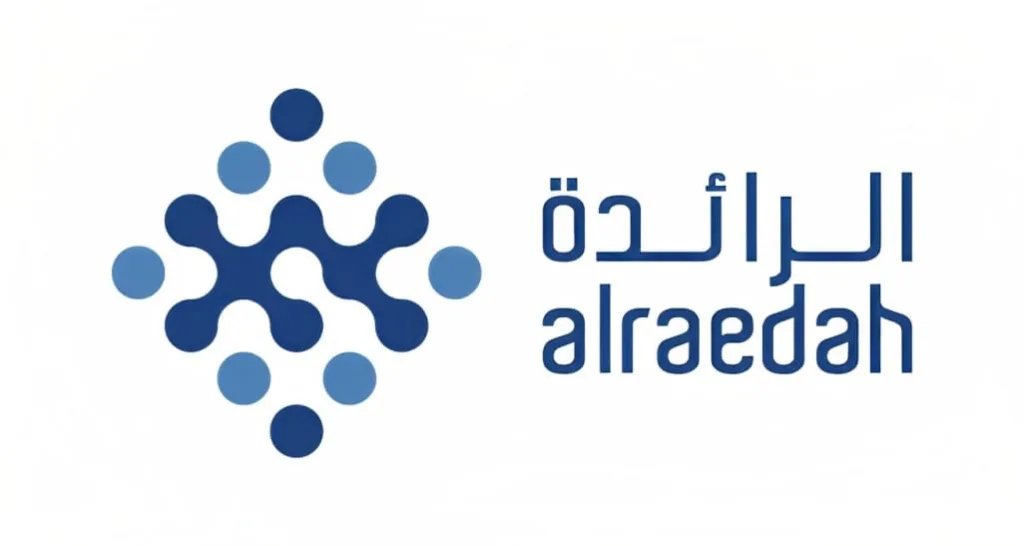Any project, no matter how large or small it is, will need sufficient financing to compete. Whether that project is a new infrastructure project or facility development. This type of financing will typically involve a complex network of stakeholders, including investors, lenders, government agencies, and project sponsors. The primary objective of project financing is to provide a means of raising the funds needed to carry out a project or launch a business while minimizing the financial risks for all parties involved.
In this article, we will explore key aspects of project financing, including the types of projects that typically use this financing method, the key stakeholders involved in the process, and the advantages and challenges of financing approaches.
Types of projects that often require financing
There are several types of projects that usually require project financing. Here are some examples:
- Infrastructure projects: These include projects such as highways, bridges, airports and other public works. Infrastructure projects often require large amounts of capital, and involve long-term planning and construction schedules.
- Energy projects: These include projects such as power plants, wind farms, and solar energy facilities. Energy projects may require huge levels of capital, so financing these projects helps distribute financial risks among many investors.
- Mining projects: These include projects such as mines, quarries, and mineral processing facilities. Mining projects require a large capital investment, as project financing is resorted to in order to manage the financial risks associated with exploration and development operations.
- Real estate projects: These include projects such as commercial establishments, residential buildings, and shopping centers. Construction projects often require capital and large investments, so owners resort to financing any project in order to manage the risks associated with construction, leasing, and property management.
- Telecommunication projects: These projects include broadband networks, data centers, and mobile infrastructure. Financing these projects helps manage the financial risks associated with the construction and operation of these facilities.
Project financing stakeholders: their roles and responsibilities
Project financing usually involves multiple stakeholders, each with specific roles and responsibilities. Below are some of the key stakeholders and their roles:
- Project sponsor: A project sponsor is the entity that initiates and oversees the project. The sponsor is responsible for establishing the need for the project, developing a detailed plan for it, and ensuring that the project is completed on time and on budget. The project sponsor typically provides equity financing for the project, and may also be responsible for securing additional financing from lenders and investors.
- Lenders: Lenders who provide debt financing for the project are usually banks, financial institutions, or bondholders. Lenders may require collateral, such as project assets or future cash flows, to secure their loans. The lenders are responsible for evaluating the feasibility, risks, and returns of the project, ensuring that the project meets all financial covenants and the requirements of the loan agreement.
- Equity investors: Equity investors provide financing for projects in exchange for an ownership stake in the project. Equity investors may include private equity firms, institutional investors, or high-net-worth individuals. Equity investors are responsible for assessing a project’s potential for return on investment and working with the project sponsor to manage the project’s financial risks and ensure its success.
- Government agencies: Government agencies can participate in financing startups, or other projects, specifically; Public infrastructure projects. Governments may provide financing, tax incentives, or regulatory support for the project, and may also require that the project meet certain environmental, security, or social requirements.
- Contractors and suppliers: Contractors and suppliers are responsible for carrying out construction or development work on a project. They may participate in project financing by providing financing or by working with a project sponsor to secure financing for the project. Contractors and suppliers are responsible for delivering the project on time, within budget, and to the required quality standards.
How do you get financing for your project from Al Raedah Finance?
Al Raedah Finance Company is one of the most important Sharia-compliant financing companies in the Kingdom of Saudi Arabia, which undertakes the task of supporting small and medium enterprises by providing fast financial solutions suitable for their requirements that reflect positively on the growth of these enterprises in accordance with the provisions of Islamic Sharia without monthly installments, so that the payment is through sales and not through a monthly payment.
The financing solutions for projects without a guarantor provided by Al Raedah Company are suitable for the needs of small and medium-sized companies to enable them to achieve their development goals by raising their financial capacity to provide more products and expand their fields of specialization by opening more branches or increasing the number of workers and employees and meeting their periodic expenses.
Al Raedah is characterized by facilitating the access of project owners to an urgent source of liquidity in record time by applying directly through the company’s website at any time and wherever you are in the Kingdom of Saudi Arabia. The process of providing financing services is characterized by the ease and flexibility of the payment system, which is based on deduction without any fixed monthly installments, as well as the ease of requirements and devoid of any guarantees or complications, as Al Raedah is satisfied with the account statements. No need for any added paperwork complications or financial statements.
Project financing with Al Raedah: The benefits
There are many benefits of project financing, which makes it an attractive option for large projects. Here are some of the main benefits:
- Reducing financial risk for project sponsors: Project financing helps reduce financial risk for project sponsors by isolating financial risk from the sponsor’s balance sheet. The project’s assets and cash flows act as collateral for the financing, meaning that if a project fails, the sponsor’s other assets will not be at risk.
- Access to larger amounts of capital: Project financing allows sponsors to access larger amounts of capital than traditional financing methods; This is because the financing is secured by the project’s assets and cash flows, which can be used to obtain additional debt financing or equity financing.
- Improve project management and oversight: Financing a new project usually involves detailed feasibility studies and rigorous financial analysis, which can help improve project management and oversight. A project financing structure also often requires regular reporting and monitoring of project progress and financial performance, which helps in identifying problems early and mitigating project risks.
- Having a tailored funding structure: Funding for any project can be structured to suit the specific needs of the project and sponsors. This includes flexibility in payment terms and interest rates, as well as other financial covenants.
- Lower cost of capital: Project financing can often provide a lower cost of capital than traditional financing methods, particularly with projects with long-term cash flows; This is because financing is secured by the project’s assets and cash flows, which can provide lenders with a higher level of security, thus reducing the cost of borrowing for borrowers.
Advantages of leading financing programs
Al Raedah provides you with innovative digital financial solutions.
- All solutions are licensed by the Sharia Board.
- Once you complete the documents, you can receive the financing within 5 working days.
- A flexible payment mechanism works by deducting payment, without fixed monthly installments, by using a point-of-sale system, by deducting a specific percentage from each sale, and thus payment is through sales and not installments.
- Al Raedah requires fewer documents than any other competitor.
- Al Raedah provides you with the liquidity your project needs without any guarantees.
- You can submit your application to the company online.
The most important feature that distinguishes the mechanism for granting loans at Al Raedah Company is that there are no fixed monthly payments or installments, as Al Raedah follows the deduction method to pay off the loan gradually. The repayment process takes place automatically and daily in the form of a fixed and small percentage of the customer’s future sales, and therefore the customer will not be restricted to a fixed repayment period, which enables him to focus more on benefiting from the financing he obtained from the leading company to achieve his goals, rather than worrying about the method and mechanism of paying the installments at the end of each month.
6 challenges of project financing
While project financing has many benefits, there are also some challenges and risks associated with it. Here are some of the main challenges:
- Complexity: Financing a project is often a complex process that requires extensive due diligence, financial analysis and legal documentation. The complexity of the process can make it difficult for sponsors to move forward with the project and can lead to delays and additional costs.
- High transaction costs: The legal costs associated with financing a project are often significant, and may represent a significant portion of the total project cost. This would make project financing too expensive for small projects.
- Risk of project failure: Project financing schemes are usually only available for projects with well-defined cash flows, and for which there is a high probability of success. This means that projects that are inherently high-risk or uncertain will not qualify for financing, or may require additional guarantees or higher interest rates.
- Limited flexibility: The financing structure of the project may be inflexible, particularly with regard to terms of payment and other financial covenants. This may limit the sponsors’ ability to adapt to changing market conditions, or to respond to unexpected project problems.
- Limited availability: Project financing is usually only available for large projects with high capital requirements. This means that small projects or projects in less developed regions may have limited access to financing.
- Exposure to external factors: Funded projects can be exposed to external factors beyond the control of the project sponsor, such as changes in government policies or economic downturns. These external factors would severely affect the financial performance of the project and could increase the risk of its failure.
Conclusion
So as we have seen, project financing is well suited for large projects with well-defined cash flows and a high probability of success. While there are challenges and risks associated with financing any project, there are also many benefits.
For companies and organizations undertaking large-scale projects, project financing can be an effective way to finance their business, mitigate financial risks and ensure their success.
Aare you looking for suitable financing for your business? Al Raedah gives you the financing that meets your aspirations in the best possible way, so what are you waiting for? Apply now, and find out how Al Raedah can help you.

